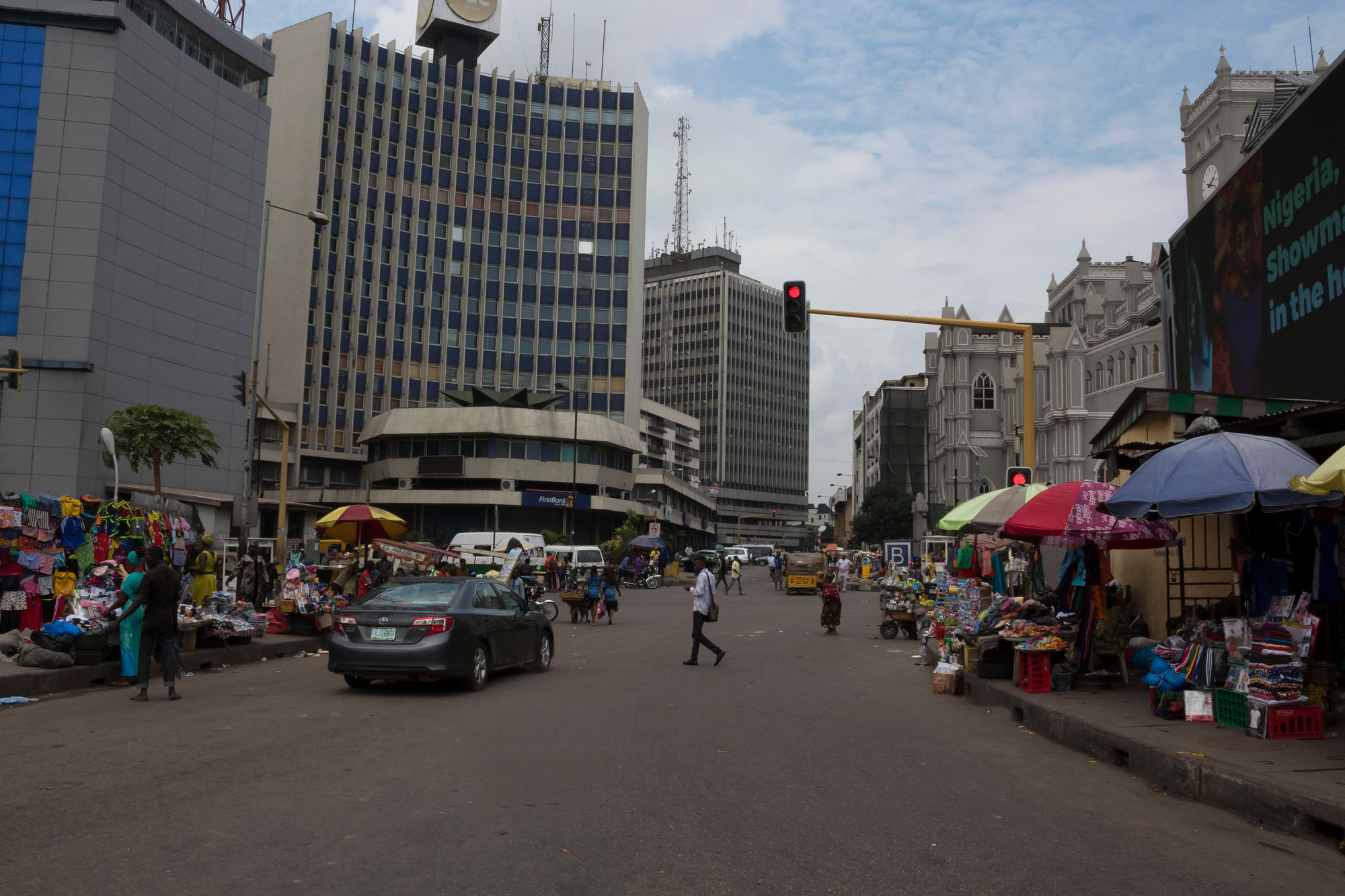Many Nigerians are moving to foreign currencies and cryptocurrencies as their local currency implodes. Data shows that the USD to NGN exchange rate has surged to 1,450, 86% above its lowest point in December last year.
The Nigerian naira has imploded
The exchange rate was trading at 75.36 in 1999, meaning that Nigeria’s purchasing power has tumbled by almost 2,000% in this period. This happened even as the country’s GDP jumped from less than $200 billion in 1999 to over $472.6 billion today.
The Nigerian naira collapse has also stirred inflation. The most recent data showed that the annual inflation rate has jumped to 33.69% from about 10% in 2019. This situation will likely continue unless the central bank stabilizes the currency.
The bank is working hard to save the naira. It has hiked interest rates to a record high, a move it expects will lead to demand for Nigerian bonds and currency. Also, the government banned street trading of the naira, which it has attributed to the currency’s crash.
Additionally, the country has focused on the cryptocurrency industry. It has launched a lawsuit against Binance and several officials as millions of Nigerians embraced these digital coins. Data shows that Nigerians are the fourth-biggest holders of Bitcoin after India, China, and the United States. Many Nigerians have also become huge players in the Pi Network ecosystem as well as Telegram tap-to-earn projects like Notcoin and Tapswap.

Nigerian naira vs the USD
Nigerians are moving to foreign currency and crypto
Additionally, many people and companies have shifted their assets into foreign currencies like the US dollar, euro, and the British pound. These people and entities have lost faith in their local currency as it continues its downward trend.
Most importantly, Nigerians also own large sums of stablecoins like Tether (USDT) and USD Coin (USDC). These stablecoins are backed 1:1 to the US dollar and can be used in digital commerce.
Nigeria, however, is not the only country whose currency has imploded. In Zimbabwe, the ZIM dollar collapsed this year, pushing authorities to launch a new gold-backed currency known as the ZiG. In Argentina, the USD/ARS has soared to almost 900, up from less than 5 in 2008.
Similarly, other currencies like the Rwandan franc have crashed to 1,300 while the Zambian kwacha has tumbled to 27.2. In the US, the dollar’s purchasing power has also plunged by almost 30% in the past four years.
Analysts believe that a cryptocurrency like Bitcoin is a better alternative to fiat currencies because it has a fixed supply limit and cannot be manipulated. In the US, the Fed unveiled a novel approach known as quantitative easing, where it prints money and spreads it in the economy.












